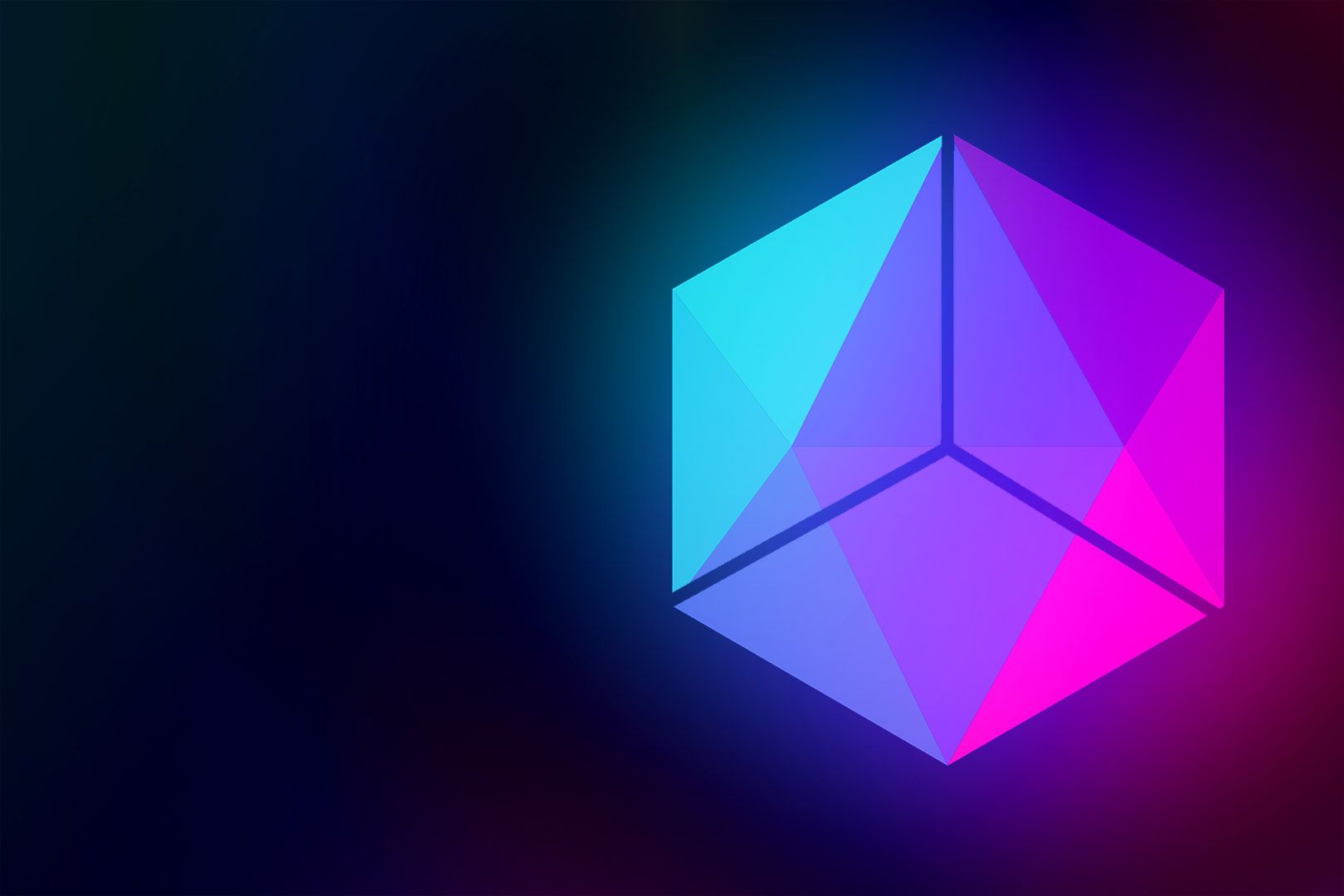Hey there, fellow tech enthusiasts! Today, we’re diving deep into the world of deployment platforms. We’ve got four heavy hitters in our lineup: Vercel.app, Netlify, Digital Ocean, and Heroku. Let’s break them down, weigh their pros and cons, and figure out which one could be the champion of your deployment needs.

Vercel.app - The Sleek Speedster

Pros:
- Jamstack-Friendly: Vercel is a darling for Jamstack applications, offering superb support for Next.js, Gatsby, and similar frameworks.
- Ultra-Fast Deployment: It’s like The Flash of deployment; with a few clicks, your app is live.
- Serverless Functions: Offers out-of-the-box support for serverless functions, making it a go-to for modern web applications.
- Preview Environments: Every git push gives you a live preview environment, which is super handy for testing.
Cons:
- Pricing Can Be Tricky: While it offers a generous free tier, costs can escalate quickly as your project scales.
- Limited Backend Support: It’s more frontend-focused, so if you have heavy backend needs, you might hit some roadblocks.
Netlify - The User-Friendly Virtuoso

Pros:
- Excellent Documentation: Even if you’re a beginner, Netlify’s docs make you feel like a pro.
- Build & Deploy Simplified: Their CI/CD pipeline is a breeze, automating builds from your Git repositories.
- Plugin Ecosystem: The wealth of plugins can extend your project’s functionality with ease.
- Generous Free Tier: Great for small projects or personal sites.
Cons:
- Performance Issues: For larger, more complex sites, you might notice some lag in build times.
- Limited Server-Side Capabilities: Like Vercel, it’s more frontend-focused.
Digital Ocean - The Robust Powerhouse
Pros:
- Full Control: It’s like having the keys to the kingdom – total control over your infrastructure.
- Variety of Products: From Droplets to Kubernetes, they’ve got a range of products to suit different needs.
- Strong Community: Their community and documentation are like a warm, guiding light in the dark world of deployment.
- Affordable Scaling: The pricing model is pretty straightforward, making scaling a predictable affair.
Cons:
- Complex for Beginners: If you’re not tech-savvy, Digital Ocean can feel like piloting a spaceship.
- Maintenance Overhead: You’ll need to manage and maintain your servers, which can be a hassle.
Heroku - The Trusty All-Rounder

Pros:
- Ease of Use: Deploying apps is as simple as pushing to a Git repository.
- Add-on Ecosystem: A vast array of add-ons for databases, monitoring, and more.
- Language Support: Supports a wide range of programming languages.
- Free Tier: Great for small projects and hobbyists.
Cons:
- Sleep Mode: On the free tier, your app sleeps after 30 mins of inactivity, which isn’t ideal for always-on services.
- Scaling Costs: Costs can escalate significantly as you scale up.
Conclusion - The Ultimate Choice
If I had to pick a winner, it’s like choosing my favorite child! But, at the end of the day, I’d lean towards Digital Ocean. Its combination of control, scalability, and robust product offerings makes it a versatile choice for a range of projects. Whether you’re a seasoned developer or just getting your feet wet, Digital Ocean provides a solid balance of power and flexibility.
That’s a wrap, folks! Remember, the best platform for you depends on your specific needs and skills. Happy deploying!
Disclaimer: The views and opinions expressed in this blog post are those of the author and do not necessarily reflect the official policy or position of any of the mentioned platforms.
Sources for factual accuracy:



Comments
Be the first person to leave a comment!